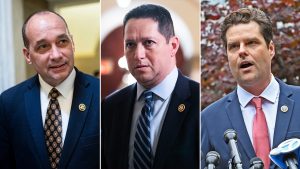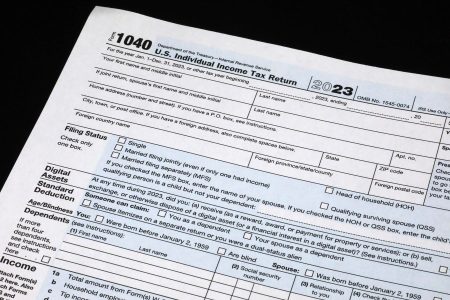The Federal Trade Commission (FTC) issued a final rule banning non-compete agreements on April 23, 2024. The new rule prohibits the use of non-compete clauses with workers after the effective date. On the same day, Ryan, a global tax services and software provider, challenged the rule by filing a lawsuit in the U.S. District Court for the Northern District of Texas. Ryan argued that the rule imposes a burden on businesses seeking to protect their intellectual property and retain top talent.
The FTC’s final rule was a response to the proposed non-compete clause rule introduced in January 2023. The rule aims to promote competitive U.S. labor markets and put an end to practices that harm workers. The FTC received over 26,000 public comments during the rulemaking process, with the majority in support of the ban on non-compete agreements. The vote to issue the final rule was not unanimous, with Commissioners Melissa Holyoak and Andrew N. Ferguson voting against it.
Exceptions to the rule include senior executives and non-competes entered into in connection with a sale of a business. Existing non-competes with non-exempt workers will become unenforceable after the effective date, affecting approximately 30 million employment contracts. The FTC found that non-compete agreements negatively affect labor markets, product and service markets, and can lead to increased market concentration and higher prices for consumers.
Ryan filed a lawsuit against the FTC’s rule, believing it will hinder their ability to protect intellectual property and retain talent. The company argues that the rule will harm employees as companies may invest less in their training and skill development. Ryan is working with legal experts, including former US Secretary of Labor Gene Scalia, to challenge the rule in court.
Other legal challenges to the FTC’s rule were also filed by the U.S. Chamber of Commerce and ATS Tree Services. These lawsuits argue that the FTC does not have the authority to rewrite millions of employment contracts and that the rule exceeds the agency’s original antitrust mission. Additional challenges are expected, and the cases may be appealed up to the Supreme Court.
Jason Tremblay, a business attorney, is advising clients to wait and see how the legal challenges unfold before making any decisions regarding non-compete agreements. He believes that the final rule may not remain unchanged and that it could default to state law if overturned. Tremblay notes that non-compete agreements have been a part of business practices for over 100 years and that the outcome of the legal challenges could have far-reaching effects on businesses of all sizes and industries.















